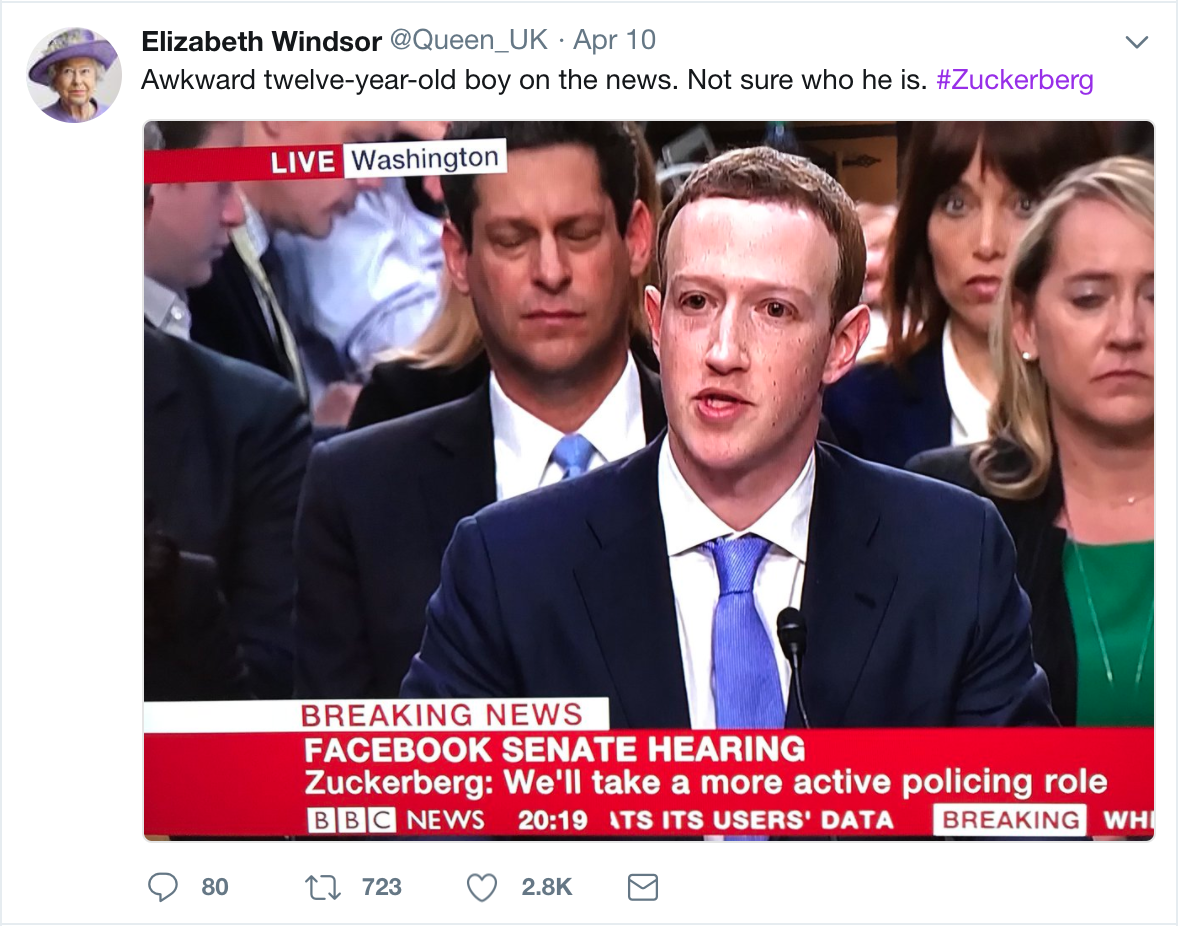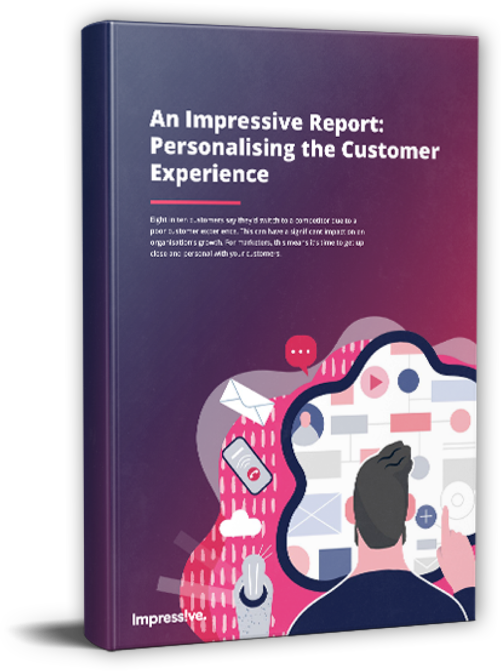Hijack [V]
- (Used with object) To steal cargo from a truck or other vehicle after forcing it to stop
- (Used without object) To engage in such stealing or seizing
Definition taken from Dictionary.com
What is Brand Jacking?
Brand jacking can be applied to the world of business in multiple ways. That’s probably why you’ve struggled to lock down one solid definition that explains what the term refers to.
We intend to clear that up.
The overarching meaning of brandjacking is a phenomenon that arises when one group or individual publicly takes possession of a brand that’s not their own. The term was coined as a blend of the words “brand” and “hijacking”.
This can trigger a whole pic n’ mix of problems for the brand that’s been hijacked.
Identity issues, financial issues, bad PR and loss of sales are just some of the outcomes of a particularly bad case of brand hijacking.
It’s not a new issue and – you may be surprised to hear – it’s not always illegal. Back in 2011, reports show that brand jacking sites were taking around 28% of search terms, and counterfeit-brand vendors generated close to $25 million USD.
Brand jacking tactics can include:
- “Squatting” on web addresses that aren’t being used and have a similar URL to the brand
- Optimising websites for the brand’s name
- Buying search terms that include the brand’s name on Google AdWords
- Posing as a brand on social media
When your brand is effectively “stolen” in the public eye, the consequences can be shattering. We’ve seen this happen on social media countless times and we’ve personally encountered new clients that are experiencing this on AdWords.
We’ve also noticed the term being used in relation to the huge 2017 chicken nugget story. (We’ll get to that shortly.)
Brand Hijacking on Social Media
It is said that imitation is the highest form of flattery, but a brand jacking scandal can be nothing short of a social disaster. Social media sites are a stage for your brand’s identity and it’s all too easy for individuals looking for some fun or a quick buck to ruin that identity you’ve spent so long constructing.
Twitter and other social media platforms give accounts to anyone to do as they please. You’ve no doubt come across some of the more harmless identity jacking, where users pose as fictional characters or celebrities.
These parody accounts are usually so absurd that they’re obviously fake and are unlikely to cause offence or any lasting damage:

However, when fake Twitter accounts are set up maliciously, to steal the identity and harm the reputation of a company, this can be a PR nightmare. In 2014, Heinz became victim to Twitter brandjacking.
One Twitter user (@mrkhdny) began publishing tweets in the name of Heinz. They claimed to work at the company and broadcasted claims, including one that said:
“Most of our budget goes on marketing and branding. Only a bit goes on the taste of the beans. This means you get the brand you deserve.”
They also claimed that the big bosses at Heinz had instructed them to launch campaigns that “make beans more sexy”.
When Heinz caught wind of the brand hijacker, they reported the account. It was temporarily suspended, before returning with an apology for hurting the feelings of Heinz and treating Twitter like a personal playground.
Business owners should deal with such events responsibly and with caution. Overreacting and deleting brand mentions can do more damage than good. If this does happen to you, take the time to read the conversation around your brand. You may be able to extract some genuinely valuable feedback.
Manage communication well – and maybe with humour – and you could turn a scandal around to paint your brand in a positive light.
What Does this have to do with Chicken Nuggets?
One of the biggest internet stories of 2017 showcased an aspect of brand jacking.
An American teenager broke the record for most retweets when he asked US fast-food chain Wendy’s for a year’s supply of chicken nuggets.
Wendy’s replied within a minute and told him it would take “18 million” retweets for his request to be fulfilled.
The news spread like a bushfire, with many international brands jumping on board to help the teen. United Airlines even offered to fly the teen for free to any Wendy’s in the world, should he reach his target.
Deputy editor of PR Week, John Harrington, labelled this type of activity “brandjacking”.
In this instance, brands are latching onto trending topics for positive PR reasons and it’s often successful. Wendy’s light-hearted response was a smart move in terms of generating great exposure, too.
Side note: The tweet overtook Ellen DeGeneres’ 2014 Oscars selfie, which previously held the record for the most retweets (around 3.5 million).
Side note to side note: We kind of recreated the Oscars selfie here in our Impressive office – take a look!
What is Brand Jacking on AdWords?
Time to get serious. Brandjacking really could be taking traffic and sales away from your business. We’ve been approached by business owners around Australia that are struggling to pull back from Google AdWords brandjacking.
AdWords brand jacking occurs when a group or individual bids on a competitor’s brand terms. As a result, when users search for a brand name, Google might show up results from the brand hijacker, rather than the actual company’s site.
Essentially, businesses are in competition for ownership of their own brand.
Google allows this in most countries, though brands can make complaints if the keywords or terms are trademarked.
This is why we suggest bidding on your own brand terms. Then, even if a competitor or hijacker is attempting to bid on the same ones, you’re still likely to appear above them in SERPs.
Now, let’s check out an example that’s been in the news recently and is shining a spotlight on the issue.
AdWords Brandjacking in the Restaurant Industry

More and more of us are choosing to stay at home to enjoy dishes from our favourite restaurants. Online ordering companies like MenuLog, Deliveroo and Foodora are making this easier.
However, many of these companies are using Google AdWords in a way that is taking potential business away from the websites of local restaurants and food businesses.
That’s because third-party ordering sites are bidding on brand names, taking on their identity and taking a cut of their traffic.
A local Sydney Thai food business, Fusiopia, which is owned by Niels Mosegaard spends thousands of dollars in marketing. Mosegaard partnered with MenuLog as a way to get orders they wouldn’t have otherwise received.
It didn’t take long for him to notice that customers searching for his business would often be directed to MenuLog instead of his own site. Google was displaying the third-party sites at the top of SERPs, so users ended up there.
This meant they became a customer of MenuLog instead of Fusiopia, and he had to pay a commission for every one of these orders.
This is a type of brandjacking that you have to be mindful of. To remain competitive, make sure you run a brand-related Google Ads campaign.
SBS News picked up on brand jacking in the Australian restaurant industry.
You can watch the news clip here, which features an interview by me, where I explain how this form of brandjacking is affecting local businesses. It also includes a response from MenuLog, so you can check out their thoughts on the issue.
How to Protect Yourself from Brand Hijacking
Online reputation management is an ongoing process that business owners often forget about.
It’s a challenge, but there are a few steps you should be taking on a regular basis. When your reputation suffers, the future of your business stands on shaky ground, so invest time into your online reputation management.
- Social Listening
You need to have eyes and ears everywhere. Prevention is better than cure, so make use of social listening tools to track brand mentions as they happen. That way, you can monitor any suspicious social media accounts or activity and react before it’s too late.
Some of these tools give you the option to get alerts as your brand is mentioned. And, while brandjacking is something that is more destructive to larger, corporate brands, it’s something that businesses of all sizes need to be aware of.
Some free social monitoring tools to try include Hootsuite, TweetReach, Klout, Buzzsumo and Boardreader.
- Crisis Response Strategy
Plan for the worst. Put procedures in place that will dictate how you react should a brand hijacking emergency occur.
Jay Baer created an “Internal Alert and Response Flowchart”. It basically specifies who should respond to a social media crisis. The more serious the issue, the more senior the responder should be:
Stage 1: Customer service team responds.
Stage 2: Customer service responds with management guidance.
Stage 3: Manager gets directly involved. Create content if necessary. Continue monitoring
Stage 4: Manager responds. Notify executive team. Create content. Continue monitoring.
Stage 5: Executive team responds. Create multiple pieces of content. Heavy monitoring.
3. Set up Social Media Accounts
Set up accounts on all social media platforms, even if you don’t intend to use a certain platform at the time. If you’ve got all bases covered, there is less room for a hijacker to impersonate your brand, because most users should know which is the official one.
Then, if a crisis does happen on say, Pinterest, you’ll be ready.
Brandjacking on AdWords: Be Aware
Third-party sites bidding on your brand name will naturally take some traffic away from you.
Make sure you’re running a PPC campaign that covers all bases.
Take back ownership of your customers by making it possible for them to order directly from your website, by installing an online ordering system.
As a leading Melbourne SEM agency, we’re experts in building effective and protective Google AdWords strategies.
Want a free 30-minute AdWords analysis? Leave us your details and one of our AdWords specialists will get back to you, so you can get started with a PPC campaign that works for your brand.
No more losing the auction against hijackers for your own terms!






